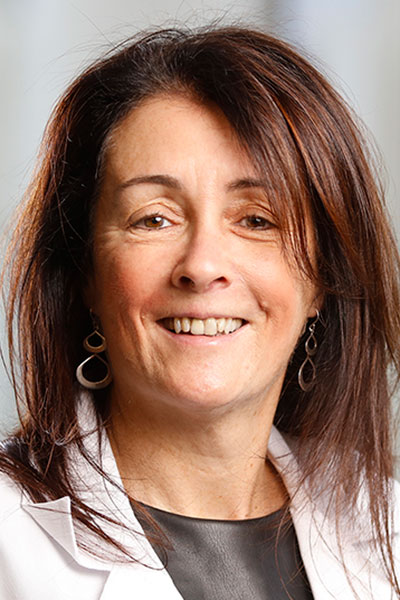
CDK4/6 inhibitors improve progression-free survival and overall survival when given to patients with metastatic ER+ breast cancer. While all of these agents improve progression-free survival to a similar extent, some experts think there are differences in their impact on survival.
Ruth O’Regan, MD, Professor and Chair, Department of Medicine, University of Rochester Medical Center, and Debra Patt, MD, PhD, MBA, Executive Vice President, Texas Oncology, will take sides on whether these inhibitors are similar in the debate session, Are All CDK4/6 Inhibitors the Same or Different? on Thursday, December 8, from 11:00 am–12:00 pm CT in Hall 3.
In the early-stage setting, one of these agents has been shown to be effective while another has not, according to Dr. O’Regan.
“Therefore, there may be differences between the agents, and they have different toxicities,” she said. She will be taking the side that CDK4/6 inhibitors are not all the same.

While Dr. Patt agrees that the CDK4/6 inhibitors are all different, they can each be useful tools in the patients we serve. She said the discussion on CDK4/6 is important because researchers and clinicians need to better understand these inhibitors so they can make the best choices for the patients they serve.
“We have three CDK4/6 inhibitors we use in patients with advanced breast cancer,” she said. “This is an important topic because, while there is not head-to-head data comparing them, they do have different strengths and weaknesses we consider when deciding which one to use.”
Sung-Bae Kim, MD, PhD, Professor in the Department of Oncology at the University of Ulsan College of Medicine in Seoul, South Korea, will serve as moderator for the debate.



